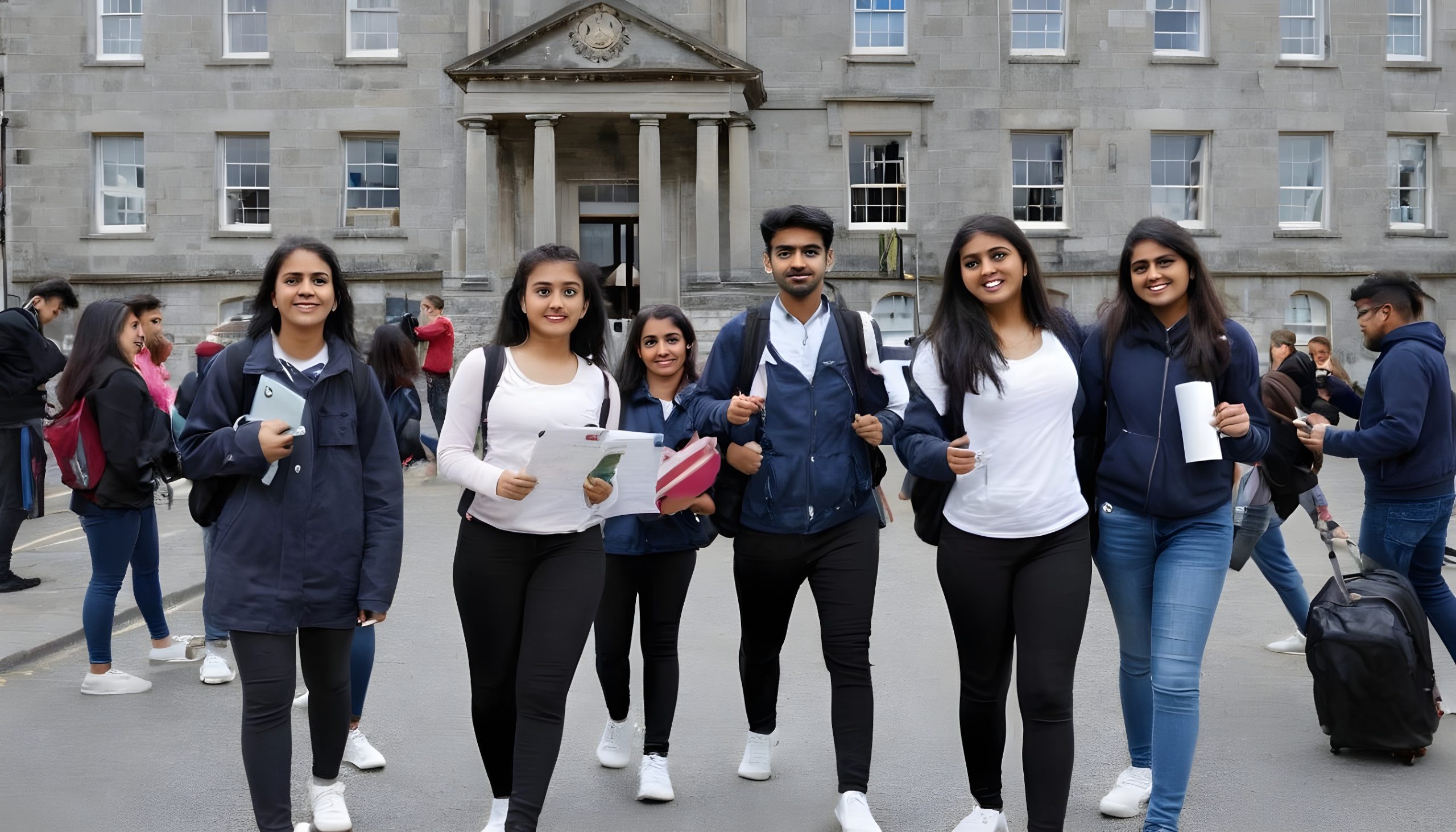The landscape of higher education in Germany has been significantly enriched by the influx of Indian students, whose numbers have soared to 43,000, making them the largest group of international students in the nation[^1]. This remarkable increase is a result of the extensive academic collaboration between India and Germany, with over 450 cooperative agreements in place between higher education institutions across both countries[^1].
Indian students in Germany predominantly enroll in Engineering courses, accounting for 60% of the demographic, while 22% pursue studies in Law, Management, and Social Studies, and 14% delve into Mathematics and Natural Sciences[^1]. The gender distribution among these students leans towards males, who represent 70% of the Indian student population in German Higher Education Institutions (HEIs)[^1].
The German Academic Exchange Service (DAAD) has recognized the potential of these well-educated individuals in addressing the skilled worker shortage within the German labor market[^1]. Consequently, efforts have been made to ease their transition from academia to industry. This initiative has been bolstered by the new Skilled Immigration Act and discussions between Indian Prime Minister Narendra Modi and German Chancellor Olaf Scholz, which have collectively smoothed the pathway for Indian graduates into the German job market and the broader Schengen area[^1]. The legislation allows non-EU international students to work part-time for up to 20 hours per week, further enhancing Germany’s appeal as a destination for pursuing both education and professional development[^1].
In addition to educational opportunities, the DAAD Regional Office New Delhi has increased its scholarship grants, offering 64 scholarships for full PhD and PhD Sandwich programs[^1]. These scholarships enable Indian scholars to engage in research at German institutions for durations ranging from 12 to 36 months, fostering an environment of intellectual growth and international collaboration[^1].
The concerted efforts to integrate Indian students into the German labor market post-graduation underscore a shift from the concept of ‘brain drain’ to ‘brain circulation’, where international students are encouraged to build successful professional careers within Germany[^1]. This approach not only benefits the students but also contributes to the enrichment of the German workforce with highly qualified individuals from diverse backgrounds[^1].
Suggested Reading:
[https://www.educationtimes.com/article/campus-beat-college-life/99735097/the-number-of-indian-students-soared-in-germany-pathway-to-the-german-labour-market-eased](https://www.educationtimes.com/article/campus-beat-college-life/99735097/the-number-of-indian-students-soared-in-germany-pathway-to-the-german-labour-market-eased)





